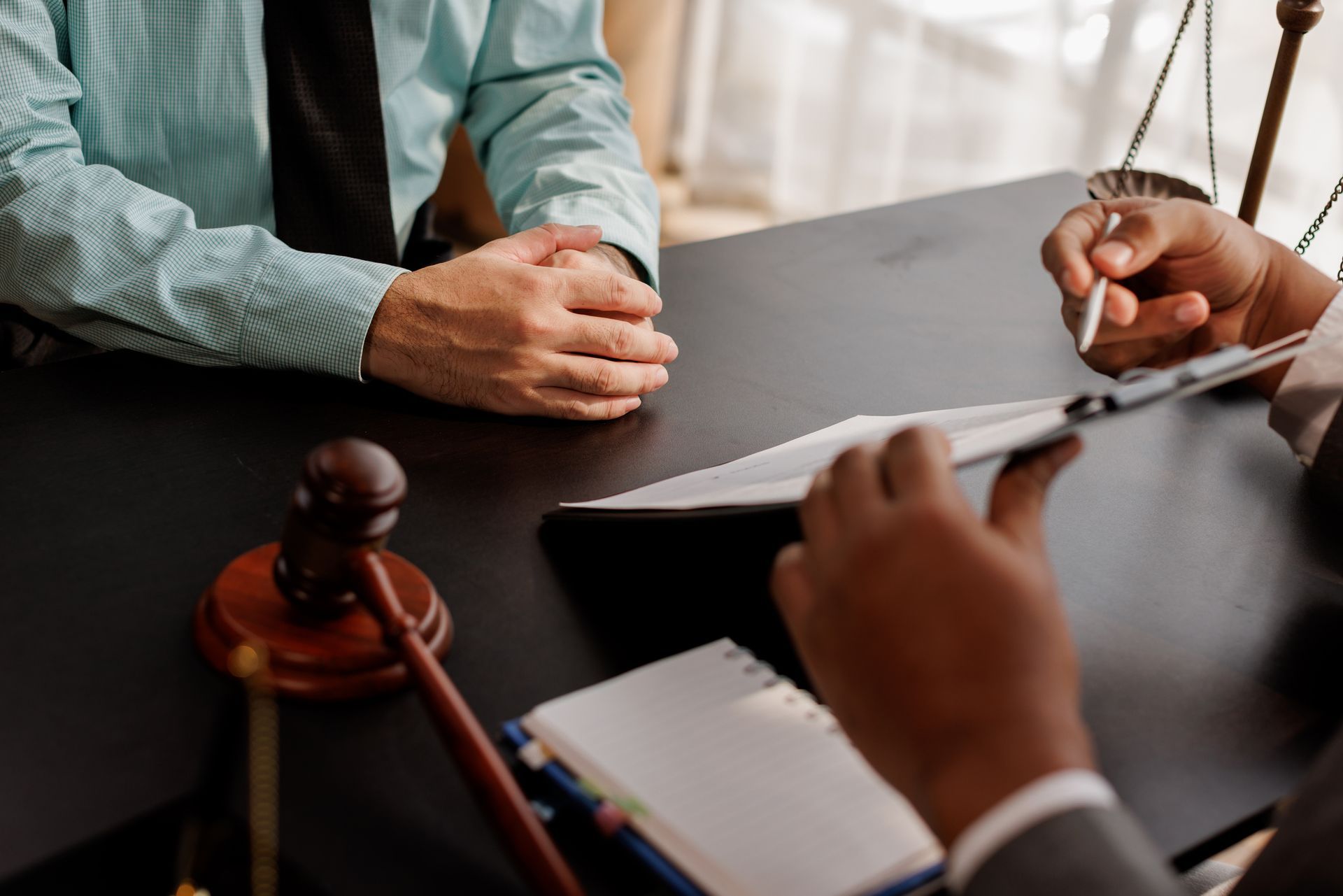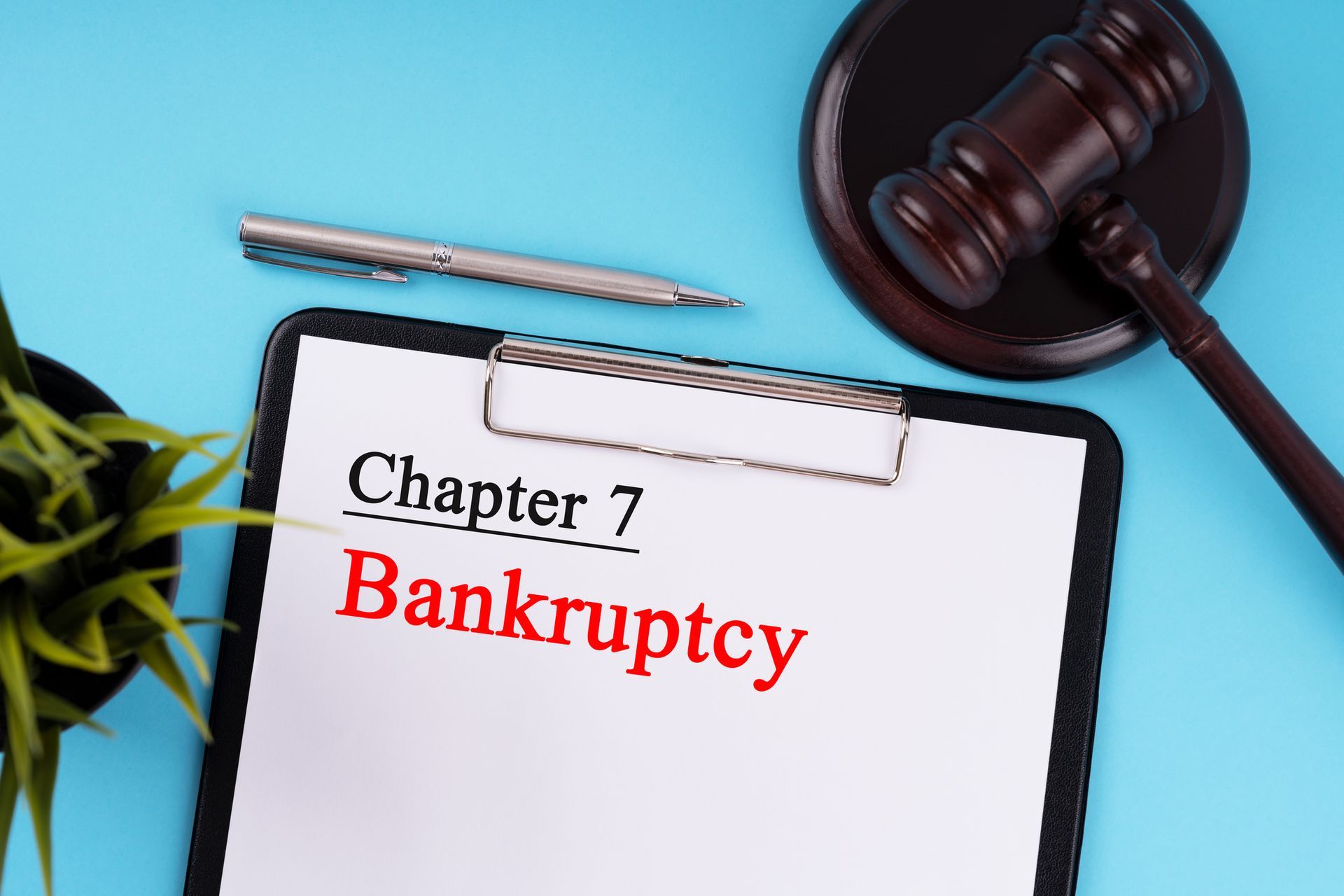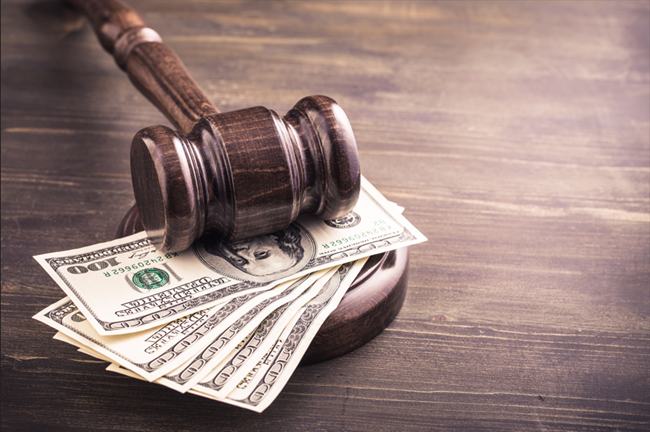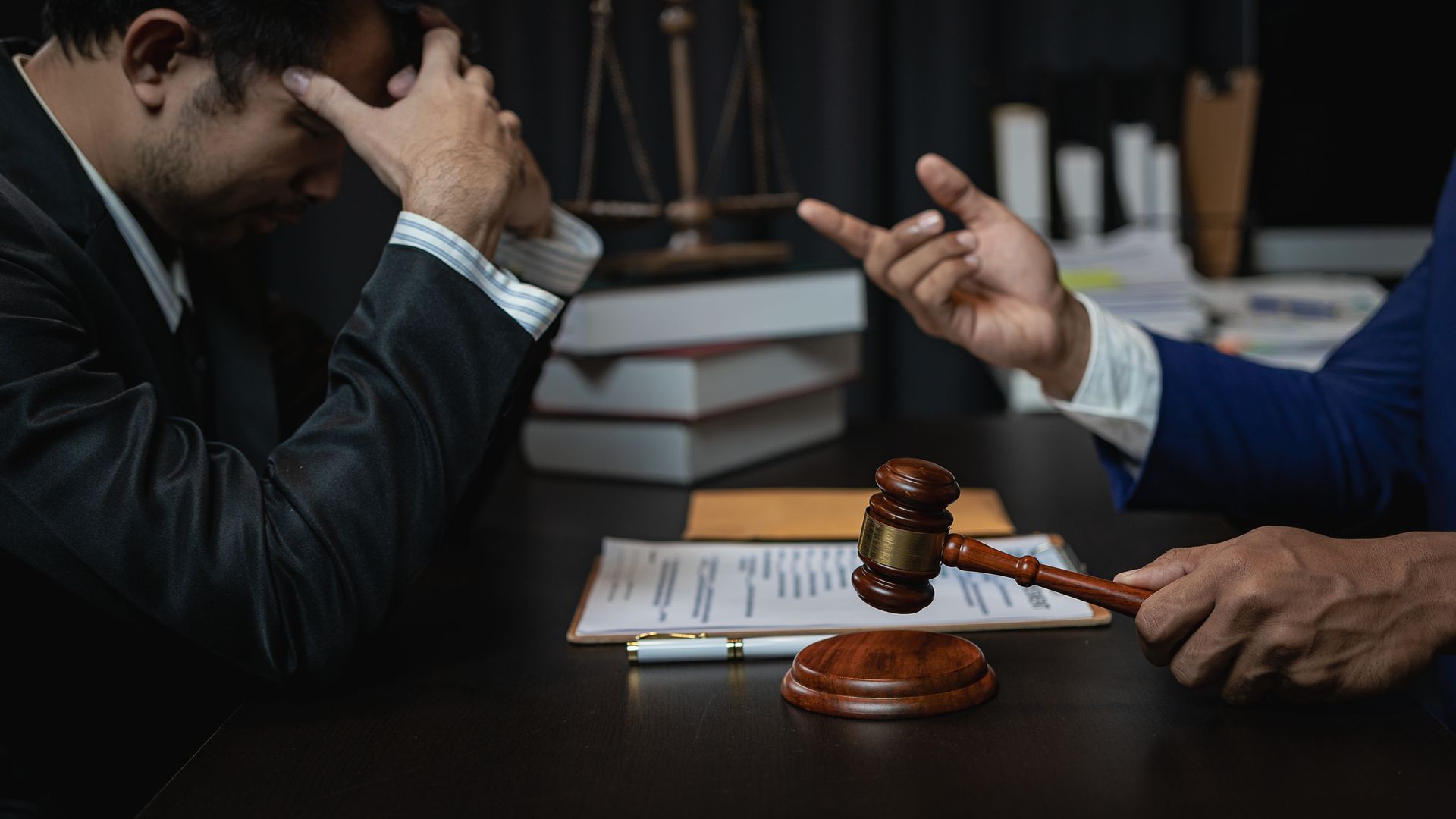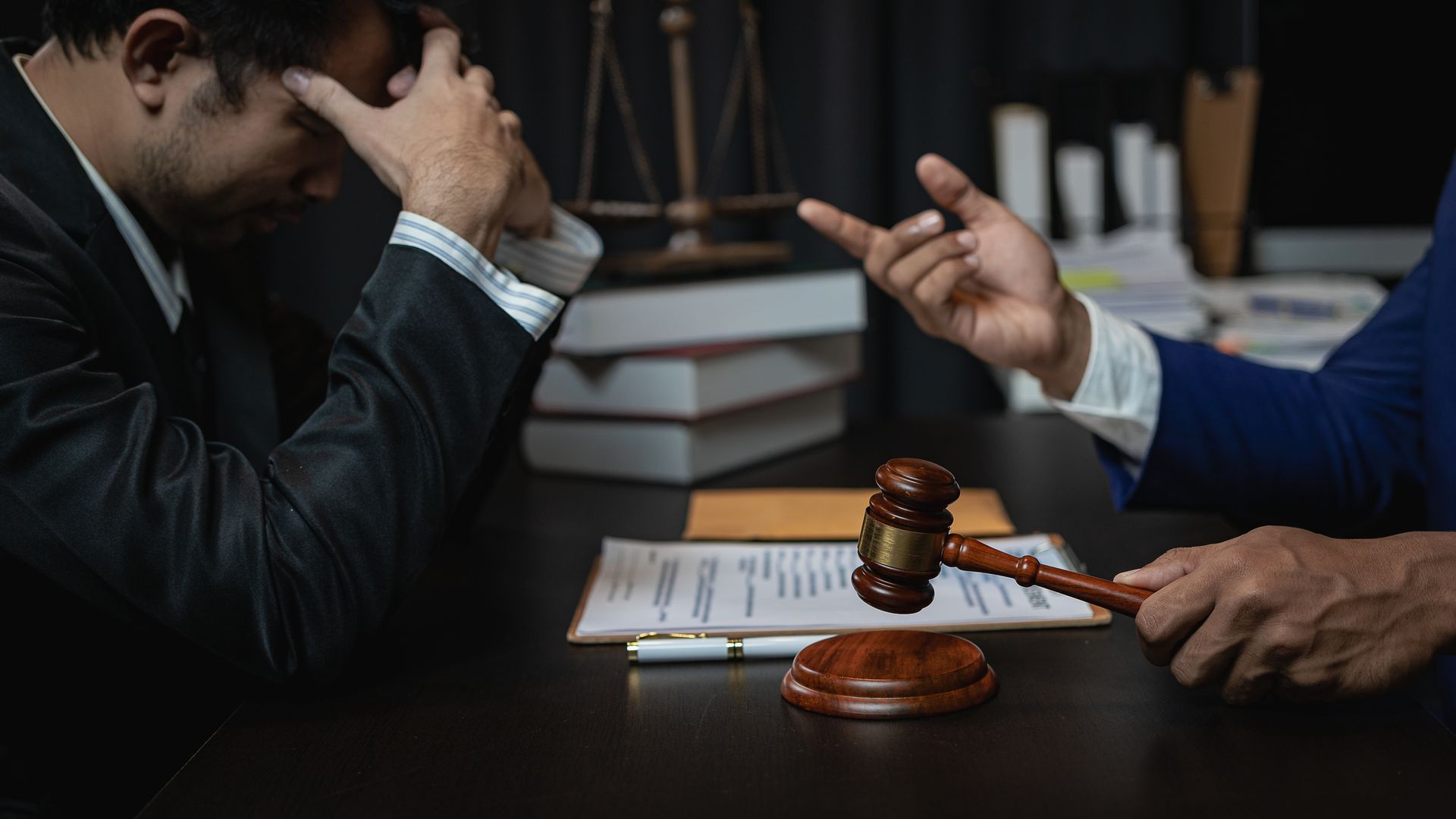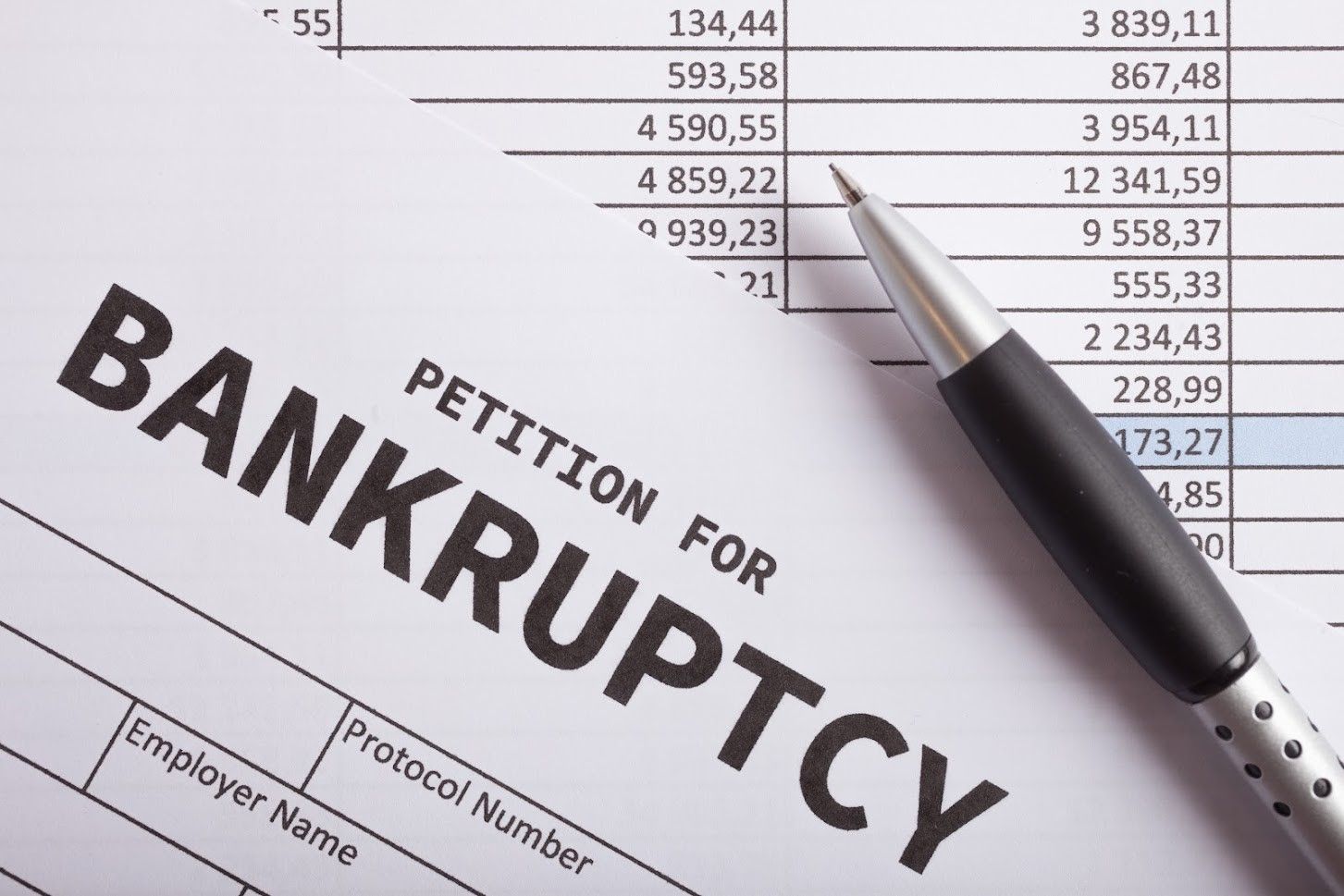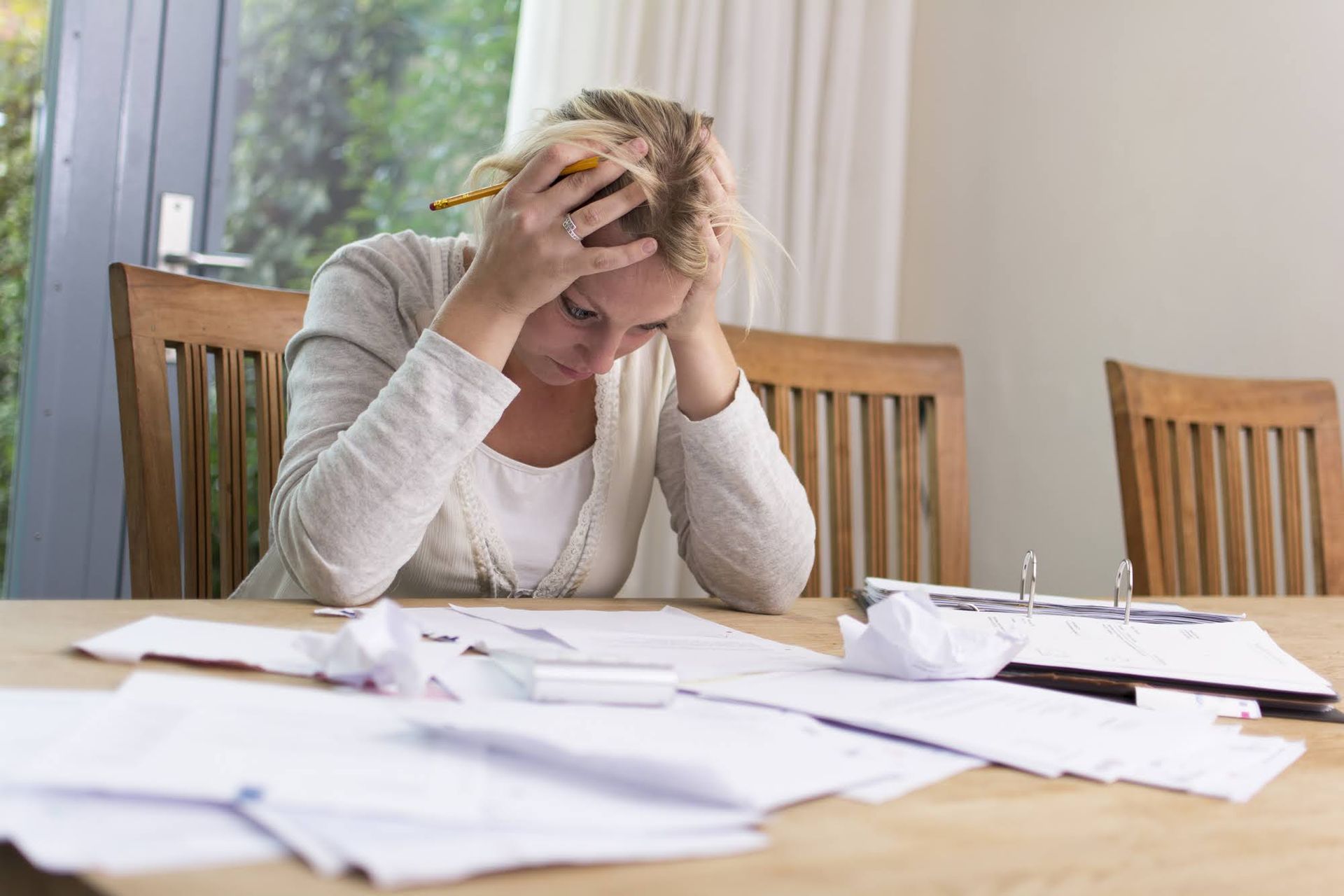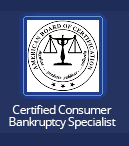What You Need to Know About Using Bankruptcy to Alleviate Your Tax Debt

While many types of debt can cause financial stress, it's particularly distressing when you owe money to the IRS. If you don't have the financial means to pay the full amount that you owe, the stress associated with this debt skyrockets. One option to alleviate the financial and personal strain of your tax debt is filing bankruptcy. Here's what you need to know about using bankruptcy to get your tax debt under control.
Chapter 7 Bankruptcy May Discharge Qualifying Tax Debt
Chapter 7 bankruptcy is one of the two most common types of bankruptcy used by individuals for debt relief (the other is Chapter 13 bankruptcy). In a Chapter 7 bankruptcy, you allow the bankruptcy trustee to liquidate your non-exempt assets and use the proceeds towards repaying a portion of your debts. The remaining qualifying debt is forgiven.
There are a few situations where Chapter 7 bankruptcy will completely eliminate your tax debt. To discharge your tax debt, all of the following criteria are necessary:
- The tax debt must be from income taxes only
- There must be no fraud or intentional tax evasion associated with the tax debt
- The debt must be at least three years old (from the date of the bankruptcy filing)
- You must have filed a tax return for the debt at least two years before your bankruptcy filing
- Any tax assessments associated with the debt are at least 240 days old
To qualify for Chapter 7 bankruptcy, you must meet certain income guidelines that vary based on the size of your household and your state of residence.
Previous Liens Aren't Impacted by Chapter 7 Bankruptcy
One issue that some taxpayers have is that their tax debt is so old or they've accumulated so much tax debt that the IRS has placed a lien on their home. Unfortunately, Chapter 7 bankruptcy won't any remove liens that are already on your home. If your home has tax liens, Chapter 13 bankruptcy may be a better option.
Chapter 13 bankruptcy is different from Chapter 7 bankruptcy in that it's actually a type of debt consolidation plan. You repay a portion of your debts for three to five years, and at the end of the plan period, any remaining eligible debt is discharged.
Your plan payment depends on the type of debt you have, the amount of debt you have, your non-exempt assets, your income, and your household size. During your Chapter 13 plan, you can include the debt from your tax lien so that it's covered by your monthly payment.
Chapter 13 Bankruptcy Can Make Your Tax Debt Repayment More Affordable
Chapter 13 bankruptcy is usually a good fit for individuals who have certain types of debt (such as secured debt or priority debt) that they have to or need to pay back. Your Chapter 13 payment uses all of your debt payments to determine your monthly plan payment. For many individuals, their monthly Chapter 13 payment is significantly less than the amount they were using for debt payment.
Under your Chapter 13 plan, your total plan payment will cover all your secured and priority debt (which can include your home loan, car loan, and tax debt), and once you complete the plan, any remaining credit card debt is discharged. If you're struggling to pay all your monthly debt payments, Chapter 13 can adjust the payments so that they're realistic for your budget.
Have tax debt that you're worried about repaying? Contact Charles J. Schneider PC to see if bankruptcy is right for your situation. We can help you file for bankruptcy and build a foundation for a successful financial future.

